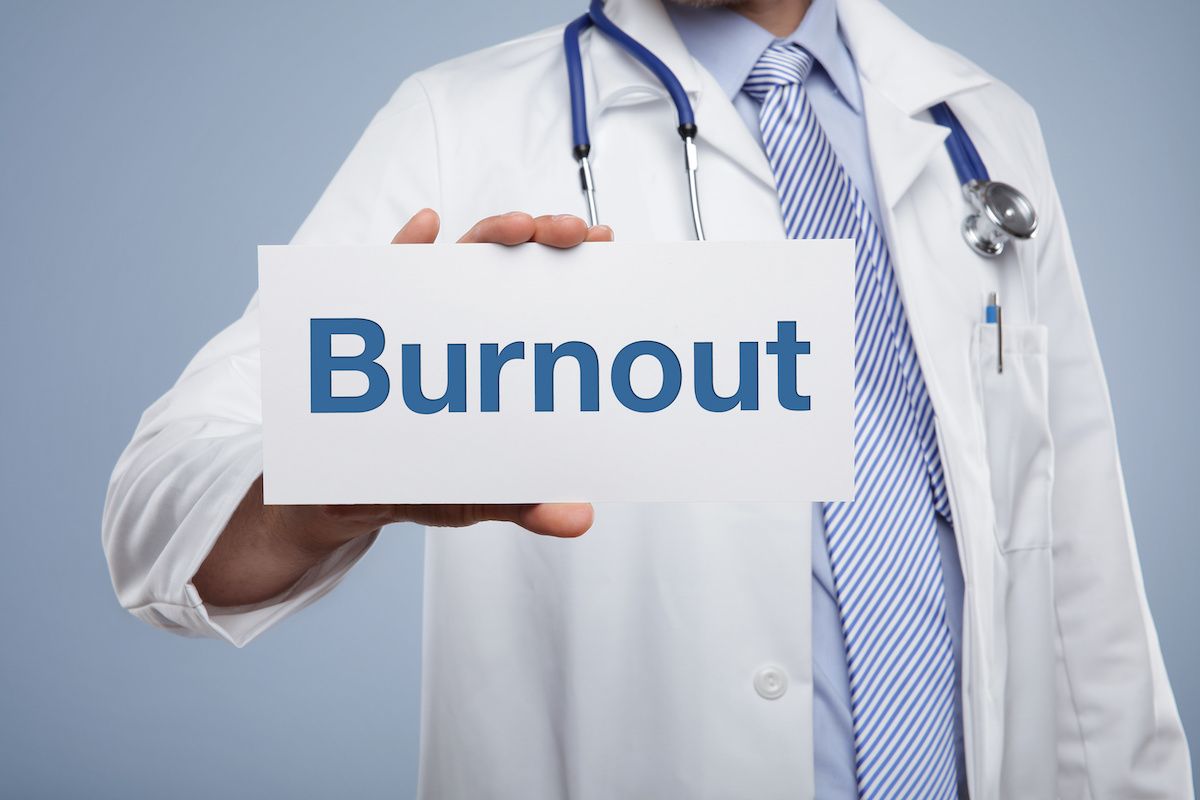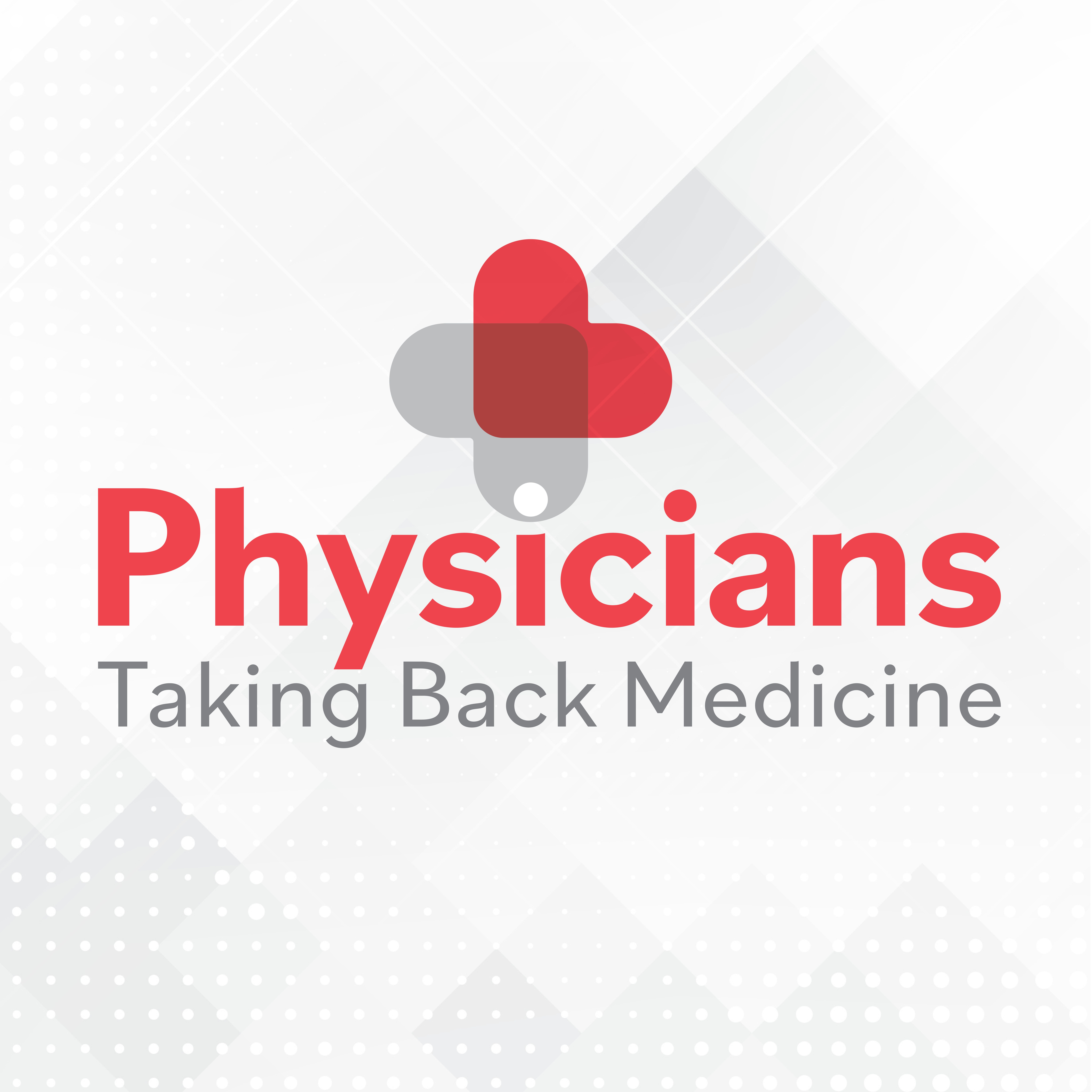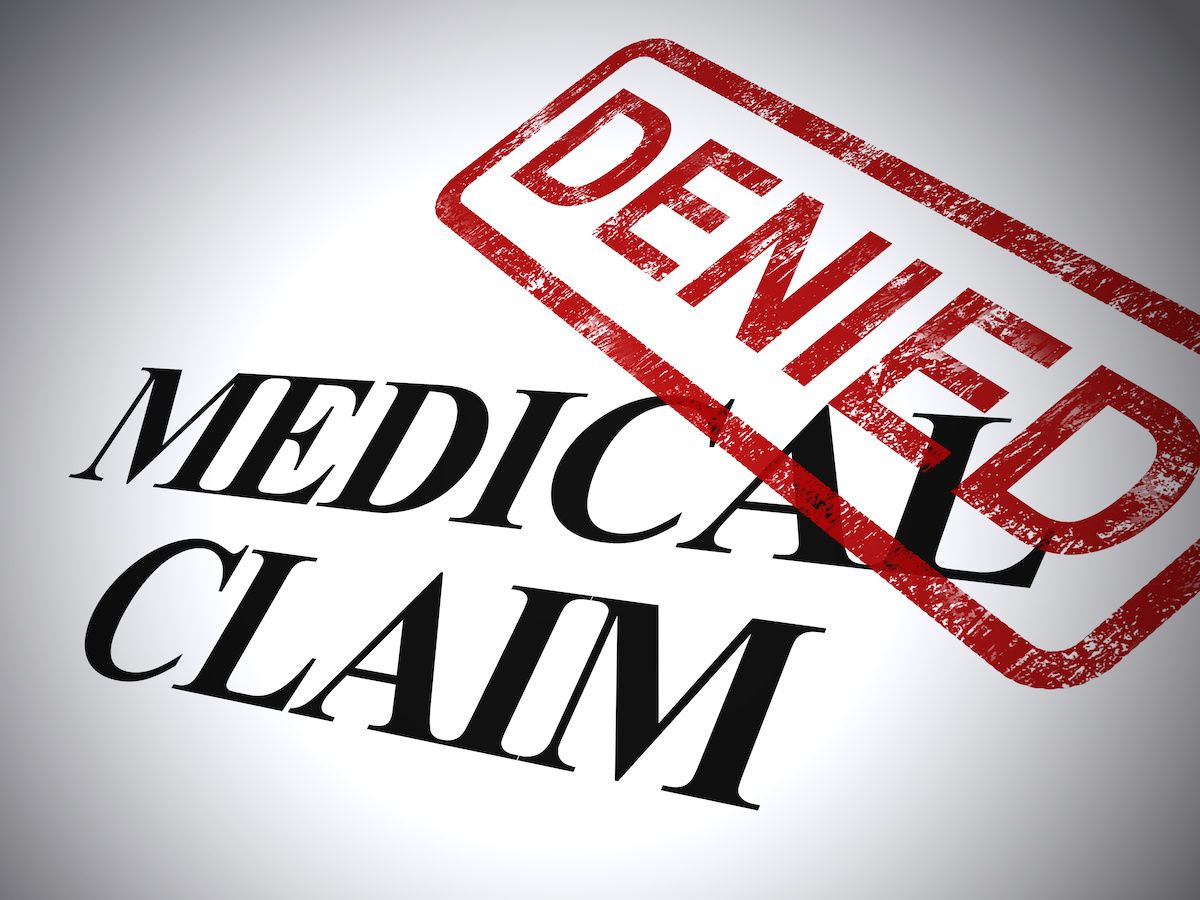News
Article
Addressing health-related social needs can lead to more burnout in primary care physicians
Author(s):
Key Takeaways
- Greater physician involvement in HRSNs correlates with increased burnout, especially in primary care and surgical specialties.
- Emergency medicine and psychiatry show high HRSN engagement but less burnout, possibly due to residency training emphasis.
- Younger physicians and those from marginalized communities report higher HRSN engagement, highlighting the "minority tax."
- Addressing HRSNs requires sustained efforts beyond clinical settings, necessitating enhanced training and organizational support.
But other medical specialties don’t have same association, according to a new study.
© Coloures-Pic - stock.adobe.com

Addressing health-related social needs (HRSNs) may lead to better outcomes for patients – and more burnout for physicians.
A new study examined doctors’ engagement in assisting patients with HRSNs and feelings of burnout at the individual level. Among 5,447 physicians, those who reported greater involvement addressing HRSNs also had greater likelihood of burnout, although there were variations among medical specialties.
Among medical specialties, emergency medical doctors had the greatest level of involvement with patient HRSNs at 71.1%. Psychiatry followed at 44.9%, and 39.1% of primary care physicians reported high levels of engagement with HRSNs, according to the results.
Physicians in primary care, surgical specialties and other specialties reported high levels of burnout associated with greater efforts to address HRSNs.
More engagement, more burnout
For the doctors feeling more burned out, a possible explanation is the complexity of patient health-related social needs that “often cannot be resolved through (one-time) efforts in clinical settings but require sustained, long-term collective efforts across care teams and sectors,” the study said.
“Recognizing patients ongoing, unmet HRSNs without being able to fully address them could potentially lead to a sense of helplessness, contributing to burnout,” the researchers wrote.
One solution could be more training for physicians to collaborate with staff such as nurses, social workers and community health workers to address HRSNs.
The researchers noted a growing body of work supports other findings “that having fewer organizational resources to address patients’ social needs is associated with higher levels of burnout.” As physicians devote more time to HRSNs, “it is critical to increase parallel efforts in policy and organizational investment to adequately support physicians in this work,” the study said.
Lower effects of HRSNs
Researchers found doctors in emergency medicine, psychiatry and medical specialties had no association between burnout and work dedicated to HRSNs of patients.
“One potential explanation could be the emphasis placed on addressing HRSNs within the residency training in emergency medicine and psychiatry; thus the effect of HRSN engagement on burnout may not be substantial in these specialties, as the physicians are accustomed to engaging in this type of work,” the study said.
By the numbers
In the study cohort:
- 67.5% of physicians reported engagement in addressing HRSNs
- 33.2% reported low to moderate engagement
- 34.3% reported high engagement
- Physicians aged 40 years or younger had the most engagement at 44.9%, compared with those aged 41 to 50 years (39%), 51 to 60 years (33.2%), and 61 years and older (26.5%).
- Physicians identifying at Black or African American (41.4%) or other race or ethnicity (49%) had the greatest proportions reporting high engagement with patient HRSNs.
“The findings of this study suggest that physicians from historically marginalized communities are more frequently addressing HRSNs,” the study said.
“From the perspective of race-conscious professionalism, this could possibly be explained by intrinsic factors, with physicians from certain racial and ethnic groups potentially feeling a stronger commitment to HRSNs,” the study said. “Importantly, these findings add additional layer to diversity, equity, and inclusion efforts in medicine by critically considering the ‘minority tax’ – the extra responsibilities that historically marginalized physicians often experience.”
“Physician Engagement in Addressing Health-Related Social Needs and Burnout” was published in JAMA Network Open.
Newsletter
Stay informed and empowered with Medical Economics enewsletter, delivering expert insights, financial strategies, practice management tips and technology trends — tailored for today’s physicians.
2 Commerce Drive
Cranbury, NJ 08512
All rights reserved.





